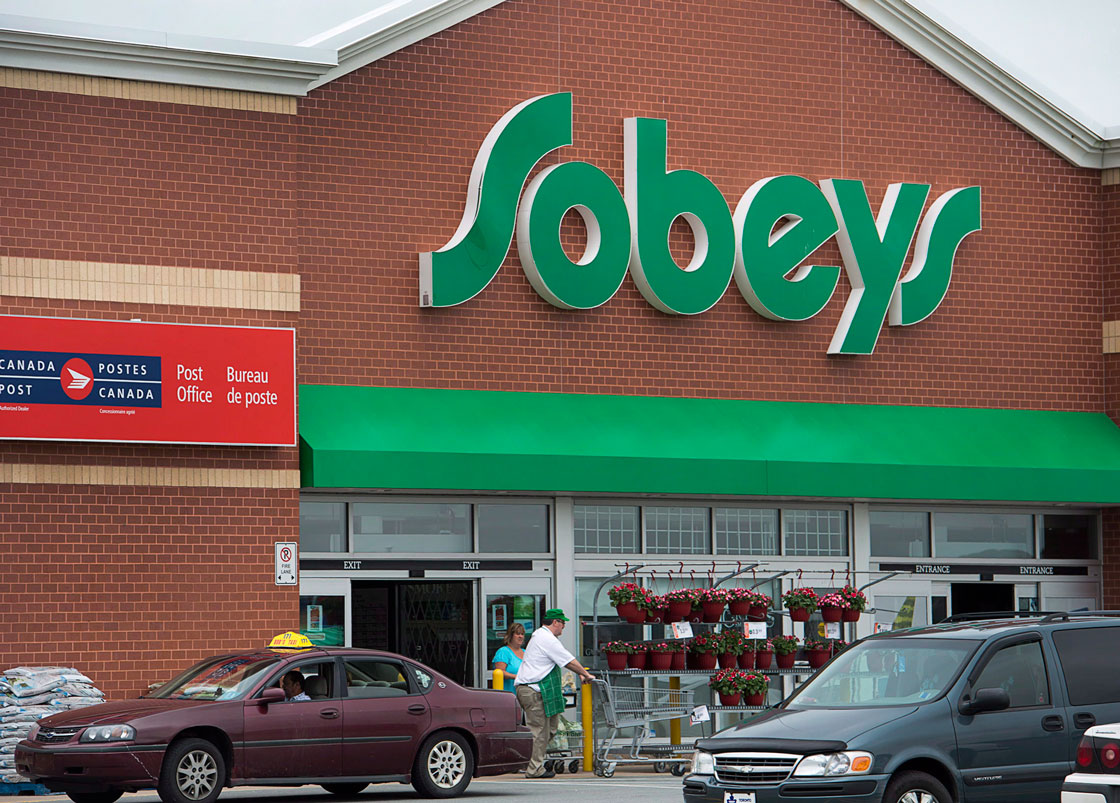The grocery aisle is ground zero for price wars between retailers this year, but some observers have begun to worry about the impact this “disinflationary” environment could have on the economy if things get out of hand.

Big supermarket chains like Sobeys, Loblaw, Metro and Safeway are being forced to undercut one another these days in response to two trends that are likely to only gather momentum next year, experts say.
The first is the continued muscling by U.S. discount giants Walmart and Target into the grocery business. The second is shoppers’ more discerning spending habits as a result of high consumer debt levels.
“The pressure is being felt on multiple fronts,” Sobeys chief Marc Poulin said Thursday on a conference call.
So far, Sobeys as well as other supermarkets have relied on promotional sales to get shoppers through the door, while trying to maintain regular prices throughout the rest of the store.
READ MORE: More bargains at supermarkets expected next year
The hope is that shoppers will come for the deal, then stay to buy items that carry higher profit margins.
But there’s pressure to cut prices outright, Poulin suggested, and the task of juggling promotional sales against regular prices has gotten tricky.
“It makes it a challenge every week to get the mix right,” the Sobeys exec said. “We need to readjust our pricing strategy and we’ve done so.”
Walmart has added 39 new Canadian stores this year, with 227 of its 380 locations here now carrying food. Target, meanwhile, has opened 124 stores. The expansion of both will continue into next year, but is expected to slow over the second half of 2014, analysts suggest.
Poulin said Sobeys will wait and see whether it can tone down its promotional activity, but added: “We feel that the market will remain very difficult for the time being.”
Few consumers complain about lower prices at the checkout. But there’s a small but growing concern among policymakers and economists that the competitive intensity in the retail sector threatens to push overall prices into a downward spiral – in other words, deflation, something that’s potentially disastrous for the economy.
The Bank of Canada says the retail pressure is contributing to “disinflation” at the moment, or the slowing of price growth.
But Stephen Poloz, the head of the country’s central bank, escalated the rhetoric in a speech on Thursday when he suggested Canada risks falling into a “deflationary trap” — where a downward fall in prices puts a deep chill on spending, and therefore the economy, as consumers wait and wait for still lower prices.


Comments